NASS was delighted to launch the NASS Allies referral template, in conjunction with the Institute of Osteopathy and Royal College of Chiropractors, at the Primary Care and Public Health Conference on 15 and 16 May. The template was developed to help chiropractors and osteopaths in recommending referral for patients with suspected inflammatory back pain to rheumatology.

The template has been endorsed by the Royal College of GPs and Chartered Society for Physiotherapy. NASS is grateful to both the Institute of Osteopathy and Royal College of Chiropractors for their continued collaboration and wonderfully patient-centred approach.…
Read more of this article

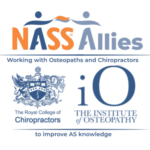

 care and voluntary sector leaders who want to drive action through partnership working around the NHS Long Term Plan. The resources include online learning, webinars, workshops, coaching and individual support and are aimed at ICS/STP leads, commissioners, clinicians, and professionals from the voluntary sector.
care and voluntary sector leaders who want to drive action through partnership working around the NHS Long Term Plan. The resources include online learning, webinars, workshops, coaching and individual support and are aimed at ICS/STP leads, commissioners, clinicians, and professionals from the voluntary sector.

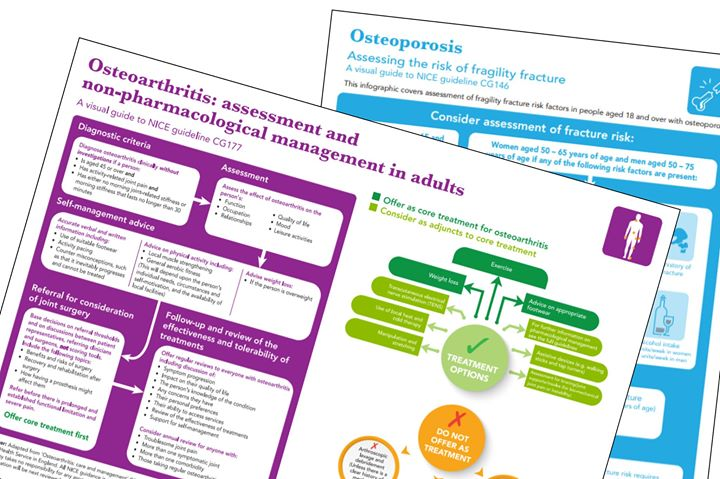
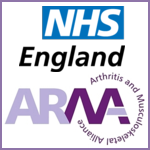
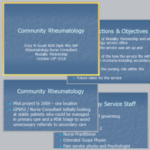
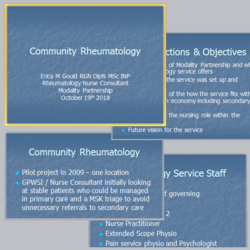 You can now see the video from our recent webinar in the Musculoskeletal Networks series:
You can now see the video from our recent webinar in the Musculoskeletal Networks series: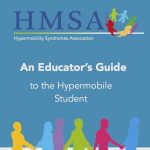
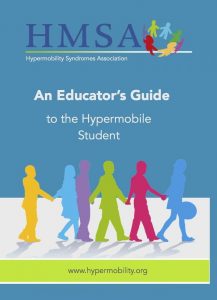

 Guest blog by Professor Anthony Woolf, Chair, ARMA
Guest blog by Professor Anthony Woolf, Chair, ARMA